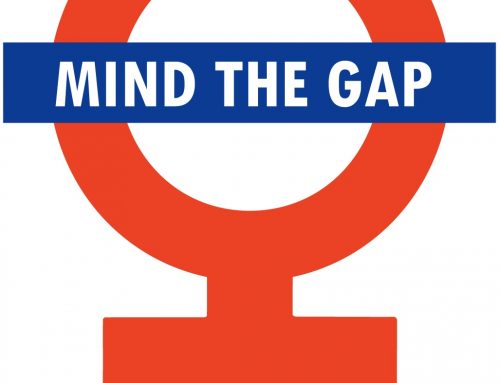During gender gap conversations, we tend to focus on the “what’s wrong” aspect of the conversation. We provide statistics for the lack of women in leadership, bemoan the numbers of women leaving (or forced to leave) the workforce, and gloomily describe the “second shift” of housework after a day at the office. Certainly, having the dialogue is integral to change and the more we send the message, the more awareness there will be. But from a pragmatic standpoint, what can be done? If changing hearts and minds take years, certainly, regular action that occurs every day will gradually lead to more equitable treatment of men and women in the workplace and in society as a whole. Where does that work begin?
A new study by the University of British Columbia, found here, says that fathers who take on more of the domestic chores and child care raise daughters who think less traditionally and tend towards higher-paying careers. Even fathers who voiced support for gender equality but did not share domestic tasks had daughters who embarked upon female-dominated careers. From the article:
“Despite our best efforts to create workplace equality, women remain severely under-represented in leadership and management positions. This study is important because it suggests that achieving gender equality at home may be one way to inspire young women to set their sights on careers from which they have traditionally been excluded.”
It is intriguing that something as simple as sharing house work could have that big of an impact. And while mothers did contribute to girls’ notions of gender roles, the fathers had a much bigger influence: the study speculates that fathers model the role of future husband. The child may be much more likely to expect her future partner to share the domestic load. Additionally, if fathers are spending more time cooking or cleaning, they are likely to be physically around the children much more. Their presence may provide additional opportunities to share and learn from fathers. The UBC study concluded that no matter the particular reason for girls tending to seek out higher-profile jobs, fathers were the “gatekeepers” for their daughters’ expectations of the future. Norway, an oft-cited example of family-friendly policies, implemented year-long parental leave and emphasized – as a society – the importance of sharing child care and housework. Their paid parental leave is a “use it or lose it” system, which likely encourages workers, especially men, to participate. Norway, in addition to being the most prosperous country in the world, is also one of the happiest. And this is a country where child care and housework are split more or less 50/50.
A strong father daughter bond has always indicated higher self-esteem in girls. Fathers affect their daughters’ emotional well-being as well as their future academic and career direction. As we progress further toward gender equality, it is the small actions that will lead to meaningful change.






